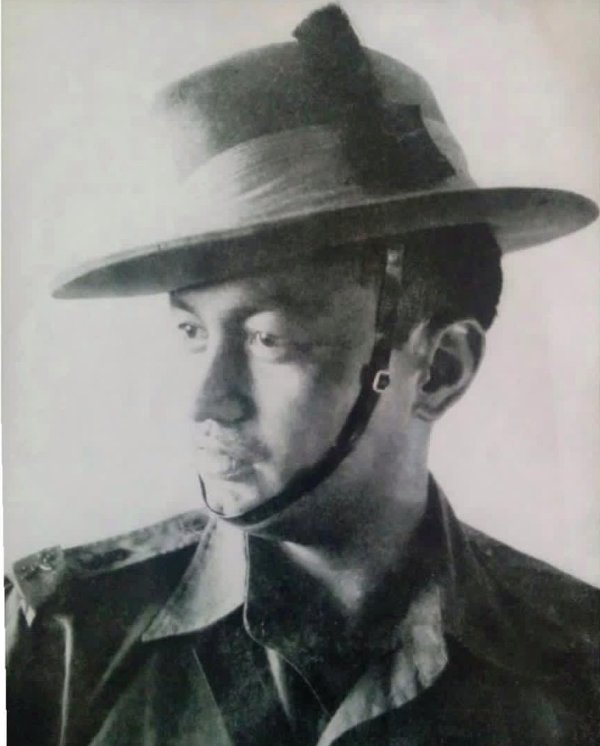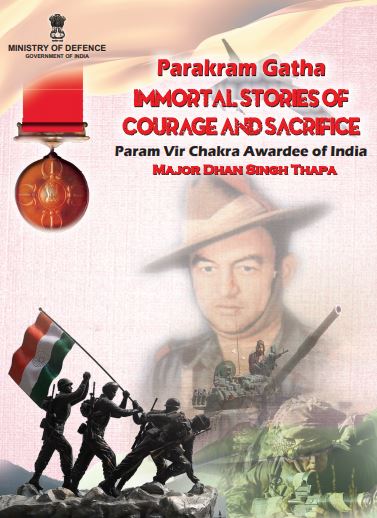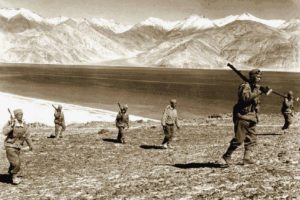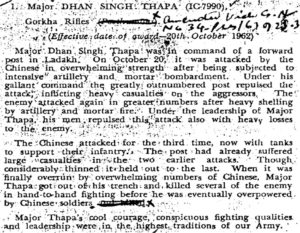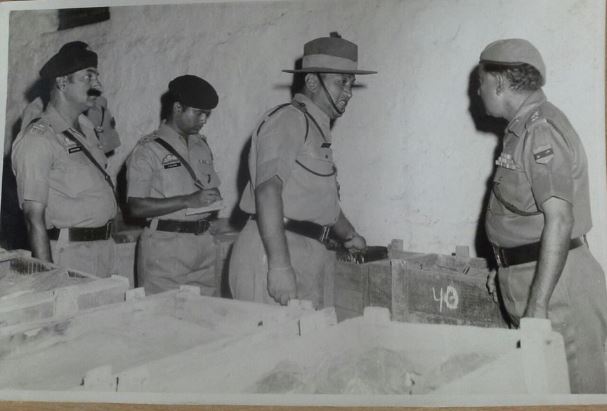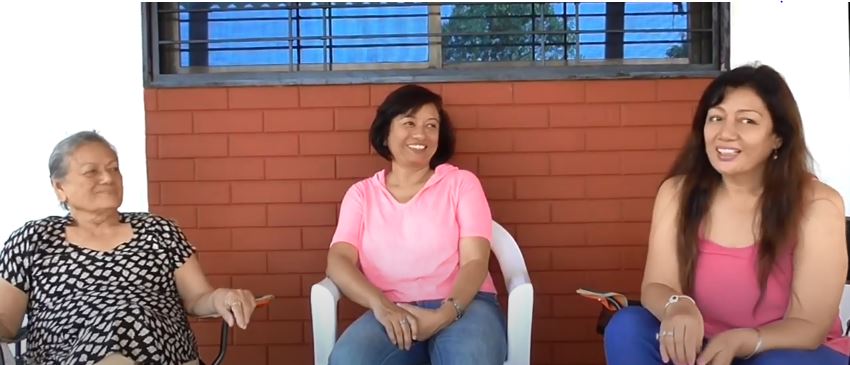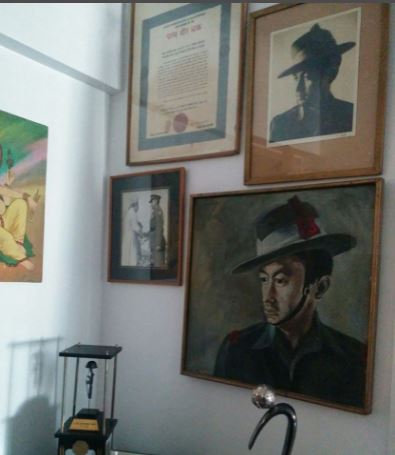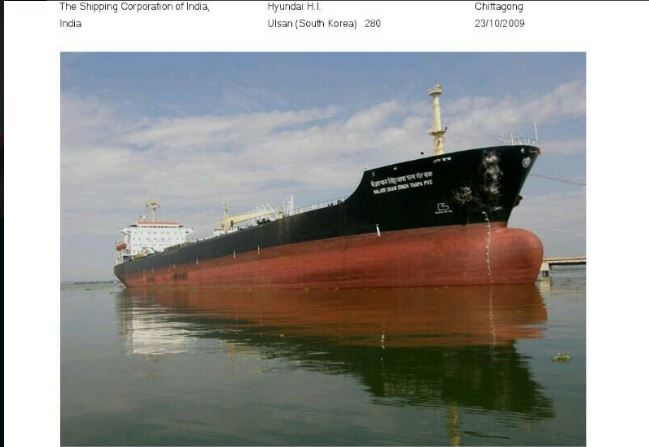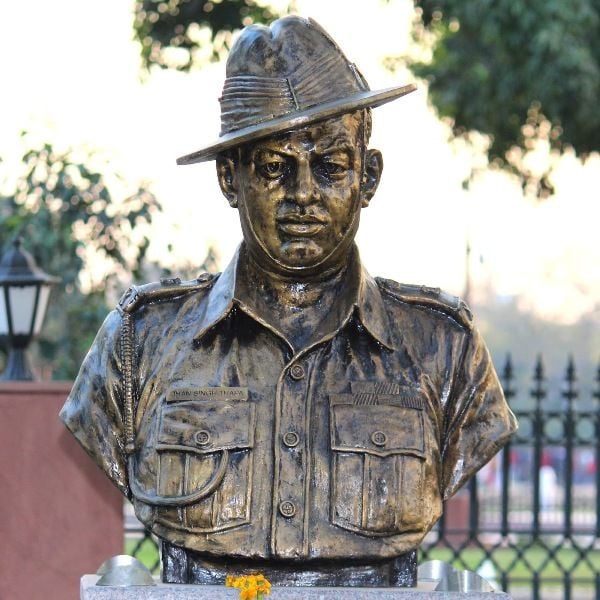Dhan Singh Thapa Age, Death, Wife, Children, Family, Biography & More
| Bio/Wiki | |
|---|---|
| Profession | Army Personnel |
| Famous For | Being the recipient of the Param Vir Chakra (PVC) for his strategic action at the north of Pangong Lake during the 1962 Sino-Indian War |
| Physical Stats & More | |
| Eye Colour | Black |
| Hair Colour | Black |
| Military Service | |
| Service/Branch | Indian Army |
| Rank | • Lieutenant (29 September 1956) • Captain (21 February 1957) 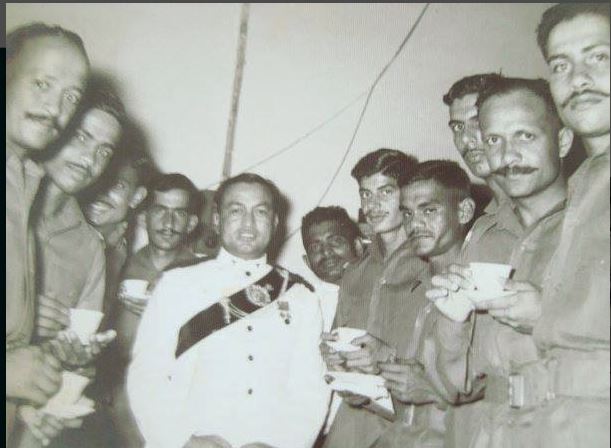 |
| Unit | 1/8 GR |
| Arm/Regt. | 8 Gorkha Rifles (1949) |
| Years of Service | 1949–1980 |
| Operation | Operation Leghorn |
| Wars/Battles | Sino-Indian War (1962) |
| Awards, Honours, Achievements | Param Veer Chakra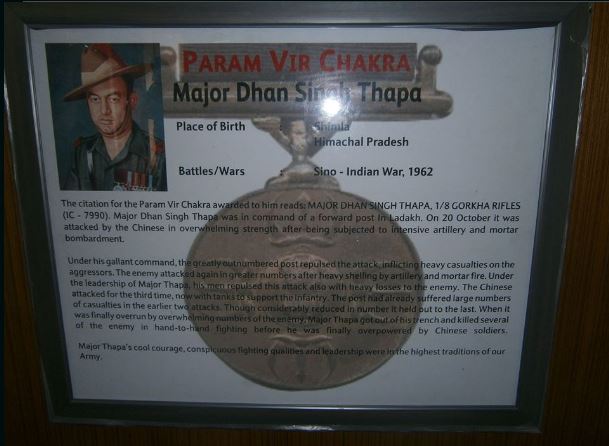 |
| Personal Life | |
| Date of Birth | 10 April 1928 (Tuesday) |
| Birthplace | Shimla, Himachal Pradesh |
| Date of Death | 5 September 2005 |
| Place of Death | Lucknow, Uttar Pradesh |
| Age (at the time of death) | 77 Years |
| Zodiac sign | Aries |
| Nationality | Indian |
| Hometown | Shimla, Himachal Pradesh |
| Hobbies | Playing Football, Playing Cards & Board Games, and Watching Movies |
| Relationships & More | |
| Marital Status | Married |
| Family | |
| Wife | Shukla Thapa 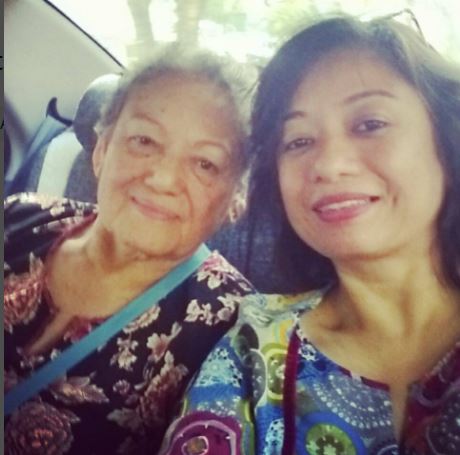 |
| Children | Daughters- Madhulika Thapa, Poornima Thapa Son- Name Not Known Daughter-in-law- Anushree Thapa Note. He had two daughters and a son. [1]Zee News |
| Parents | Father- P.S.Thapa Mother- Name Not Known |
Some Lesser Known Facts About Dhan Singh Thapa
- Lieutenant Colonel Dhan Singh Thapa was an Indian Army officer and the recipient of India’s highest military decoration ‘Param Veer Chakra.’ He was born in a Nepali family in Shimla, Himachal Pradesh.
- Dhan Singh Thapa is known for his contribution during the 1962 Sino-Indian War during which he played a crucial role at the north of Pangong Lake in Ladakh. Thapa was leading a troupe of 28 soldiers called D Company that was given the task to safeguard the Chushul Airfield (southeastern Ladakh, famous for Pangong Lake). The 1st Battalion at Sirijap (a small plain area in the southern part of the Aksai Chin region that is controlled by China but claimed by India) and Yula areas, strategically established an outpost to save the Chushul Airfield, which was spread over 48 square kilometers. Meanwhile, the Chinese Army set up 3 posts around it. [2]Google Books
- The outpost that Thapa was safeguarding was one of the outposts formed in the wake of the then Prime Minister of India Jawahar Lal Nehru‘s “Forward Policy” according to which a number of small posts were established facing the Chinese borders of the Himalayan region.
- In October 1962, the Chinese Army increased their activities near the 3 outposts set up by the 1st Battalion of the Indian Army that was surrounding the Sirijap. On 19 October 1962, China made it clear by deploying a huge Infantry that an attack on the Indian Army was imminent. Dhan Singh Thapa anticipated the attack and ordered his men to dig fast and deep trenches.
- The Chinese attacked with heavy artillery and mortar fire at 4:30 am on the early morning of 20 October 1962. This attack lasted for two and a half hours, and there was no counter support of artillery at the Indian side; therefore, Major Dhan Singh Thapa and his men had to wait, which allowed around 600 Chinese troops to enter within 150 meters of the rear of the post. After the Chinese troops entered the Indian side, Thapa and his men started firing with light machine guns (LMG) and rifles at the enemy and killed several Chinese soldiers; however, the odds were never in the Chinese favor, and artillery attack by the Chinese military was continuous that killed several Indian soldiers. The Chinese came within 50 yards of the outpost, and Indian soldiers had only small arms and hand grenades to stop further damage. It also damaged the communications of D Company with the rest of the battalion.
- During this Chinese attack, with his second-in-command, Subedar Min Bahadur Gurung and Major Dhan Singh Thapa kept motivating and boosting the morale of their soldiers and tried to adjust their positions. The Chinese started attacking the post with incendiary bombs to smoke out the Indian soldiers. The Gorkhas kept attacking with their hand grenades and small arms fire. During this Chinese attack, Subedar Gurung was buried under the bunker when it collapsed over him; however, he managed to pull himself out of the debris of the collapsed bunker and killed several Chinese troops until he was eventually killed.
- Later, the Chinese soldiers came in with heavy machine guns and bazookas, while Major Thapa was still holding the command with the remaining seven soldiers. In the meantime, battalion headquarters sent two storm boats to find out the status of Sirijap 1. Both the boats attacked the Chinese Army; however, one boat was badly damaged, while the other boat sank. All the occupants in the sunk boat died, while the other boat handled by Naik Rabilal Thapa managed to escape.
- Meanwhile, Dhan Singh Thapa jumped into the trenches and killed many Chinese intruders in a hand-to-hand fight before he was captured by the Chinese military officials. Naik Thapa told the Indian Army that Sirijap 1 had no survivors. Reportedly, the last three survivors of the battalion were taken as prisoners by the Chinese Army.
- Although Major Thapa was captured by the Chinese Army as a prisoner of war (PoW), the Indian Army had been informed that no one was found alive at the end of the war; however, it was much later that the Indian Army officials received the information that Thapa was alive, and he had been taken as PoW by the Chinese Army. Later, the list of the prisoners of the war was announced by the Chinese agencies on the radio. On hearing Major Thapa’s name, everyone in India was surprised and rejoiced. He was imprisoned by the Chinese Army for killing the Chinese soldiers during the Indo-china war and also for refusing to make statements against the Indian government and its army. However, he was released after the war ended in November 1962.
- Later, for his gallantry actions on 20 October 1962 during the Sino-Indian War, he was honoured with the ‘Param Vir Chakra,’ the highest gallantry award in India. The award citation read:
Major Dhan Singh Thapa was in command of a forward post in Ladakh. On 20 October it was attacked by the Chinese in overwhelming strength after being subjected to intensive artillery and mortar bombardment. Under his gallant command, the greatly outnumbered post repulsed the attack, inflicting heavy casualties on the aggressors. The enemy attacked again in greater numbers after heavy shelling by artillery and mortar fire. Under the leadership of Major Thapa, his men repulsed this attack also with heavy losses to the enemy. The Chinese attacked for the third time, now with tanks to support the infantry. The post had already suffered large numbers of casualties in the earlier two attacks. Though considerably reduced in number it held out to the last. When it was finally overrun by overwhelming numbers of the enemy, Major Thapa got out of his trench and killed several of the enemy in hand-to-hand fighting before he was finally overpowered by Chinese soldiers. Major Thapa’s cool courage, conspicuous fighting qualities and leadership were in the highest traditions of our Army.”
—Gazette of India Notification.
- Thapa was so dedicated to his duties that once when an inspection of his unit was scheduled, he was very sick and couldn’t even move; however, he called his 4 soldiers who helped him reach his car, and he himself drove the car to the office and completed the inspection.
- Dhan Singh Thapa retired from the Indian Army on 30 April 1980. After retirement, Thapa settled down in Lucknow (Uttar Pradesh, India) and served as a director with Sahara Airlines (Now Jet Airways (India) Ltd, an Indian, international airline based in Mumbai, India) for a short period. On 5 September 2005, Thapa died.
- After Thapa’s retirement, he loved to attend almost every Indian Army function, even he attended his last Republic Day parade despite suffering from kidney failure.
- Major Thapa was known for his cheerful personality, and if anyone used to ask him how he was feeling, he would give a pleasing smile and answer,
I’m fit and fine.”
- There are many landmarks dedicated to Dhan Singh Thapa including various roads named after him in Shillong, Assam, and Nepal.
- In 1984, to honor the legacy of Major Dhan Singh Thapa, the Shipping Corporation of India named a cargo vessel (an Oil Tanker) after his name. This cargo vessel was phased out after serving for 25 years. The Shipping Corporation of India is a Government of India enterprise that works under the Ministry of Shipping.
-
Major Dhan Singh Thapa’s statue is also built at Param Yodha Sthal in Delhi (a place where the busts of all the 21 recipients of the ‘Param Vir Chakra,’ India’s highest military honor, are made) after his death.
References/Sources:

